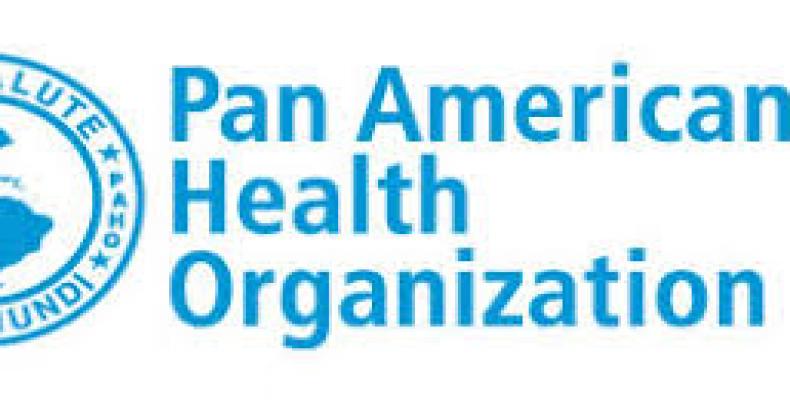Washington, D.C., September 27 (PAHO/WHO-RHC) — Health ministers and other high-level delegates from the Americas will gather in Washington D.C. on September 30, for the Pan American Health Organization’s 57th Directing Council, during which they will discuss health priorities and plans of action.
Top health authorities from North, South and Central America as well as the Caribbean will seek agreement on regional strategies and plans that address their common and most pressing health challenges. These include a plan to reduce heart disease by eliminating industrially produced trans-fatty acids, a strategy to make access to organ, tissue and cell transplants more equitable, and a plan to improve the quality of care in health services delivery.
More than a hundred delegates and civil society representatives are expected to participate in the week-long meeting, which opens Monday. PAHO Director Carissa F. Etienne, WHO Director-General Tedros Adhanom Ghebreyesus, and Bahamas Minister of Health Duane Sands will speak at the opening, along with US Secretary of Health and Human Services Alex M. Azar II and the heads of the Organization of American States (OAS) and the Inter-American Development Bank (IDB). The opening session can be viewed live at www.vimeo.com/pahotv.
Dr. Etienne plans to launch PAHO’s new 2020-2025 strategic plan, which builds on regionwide improvements in public sanitation, housing, nutrition, and health care while addressing persisting inequities in health, particularly for populations living in conditions of vulnerability. The new strategic plan also sets out goals and action for reducing noncommunicable diseases (NCDs), which are now the top causes of death and illness throughout the Americas. Taking lessons from past public health emergencies such as the 2009 influenza pandemic and the Zika epidemic, the new plan also seeks to build countries’ preparedness for disease outbreaks and other health emergencies.
Delegates will also consider a plan aimed at improving the health of indigenous, Afro-descendant and Roma populations, whose numbers exceed 170 million in the Americas.
Initiative to eliminate more than 30 diseases
One of the highlights of the meeting will be a new PAHO-led initiative to eliminate more than 30 communicable diseases by 2030 through a collective approach involving all the region’s countries.
The diseases and conditions targeted for elimination include HIV and syphilis, hepatitis B and C, yellow fever, Chagas disease, malaria, leishmaniasis, schistosomiasis, geohelminthiasis, onchocerciasis, lymphatic filariasis, fascioliasis, trachoma, leprosy, yaws, tuberculosis, cholera, plague, human rabies and diphtheria.
Health authorities will also receive a high-level report on health inequalities in the Americas prepared by PAHO's Commission on Health Equity and Inequalities, chaired by Sir Michael Marmot, of the Institute of Health Equity at University College London.
In addition to the meeting’s formal agenda, a series of side events are planned on issues including access to hepatitis C medicines, aging societies, ways to help young people thrive, advances in mental health in primary care, and violence in the region. A photo exhibition on practices that improve maternal health will be on display throughout the week.
PAHO's Directing Council meetings provide a forum for discussion and joint action on health issues of regional concern, providing crucial guidance for PAHO’s technical cooperation with its member countries.


